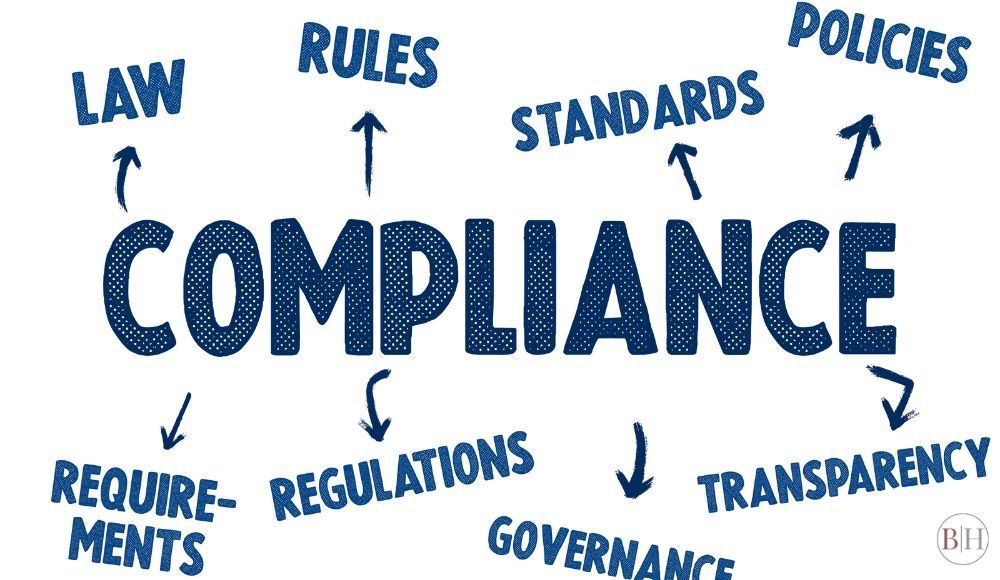Corporate Governance in Family-Owned Businesses

In family-owned businesses, corporate governance involves balancing the principles of effective management with the unique dynamics of family influence. It emphasizes transparency, accountability, and strategic decision-making while addressing potential conflicts of interest, succession planning, and aligning family and business goals to ensure sustainability and growth across generations.
Unique Governance Challenges Faced by Family-owned and Closely-held Corporations
Family-owned corporations face unique governance challenges that distinguish them from publicly traded companies, primarily because of the intertwined nature of family and business dynamics. One major challenge is the potential for conflicts of interest, as family relationships can influence business decisions, sometimes prioritizing family ties over merit-based choices.
Succession planning is another critical issue, as the transition of leadership from generation to generation can raise conflicts about control and direction, risking business continuity.
Governance structures may be less formalized, leading to limited accountability and transparency. Often, aligning the diverse interests and expectations of family members, some of whom may not be actively involved in the business, can be difficult. These challenges require clear policies and communication to prevent disputes and to maintain the corporation's growth and stability.
Succession Planning and Corporate Governance Strategies for Preserving Family Businesses across Generations
Succession planning and corporate governance are critical for preserving family businesses across generations. When properly enacted, these approaches help ensure smooth leadership transitions and maintain the business's long-term sustainability.
Succession Planning Strategies
Succession planning should begin as early as possible, ideally 10-15 years before the anticipated transition. Starting earlier allows ample time to prepare and develop potential successors and helps families assess the current situation and prepare for the future.
Developing a Comprehensive Succession Plan
A well-structured succession plan should include a timeline for assuming responsibilities and a detailed transition plan for ownership and management changes.
Balance Family and Business Interests
Try to balance family priorities and strategic business goals by defining clear roles for family members in the business and establishing policies for family member employment and compensation.
Establish Clear Governance Structures
Implement formal governance structures to ensure effective decision-making and accountability. These should include:
- Family Assembly: A forum for all family members to discuss business matters
- Family Council: A smaller group representing family interests
- Board of Directors: Oversees business operations and strategy
- Top Management Group: Handles day-to-day business operations
Legal Considerations for Balancing Family Dynamics with Corporate Decision-Making
In addition to establishing governance structures and a succession plan, balancing family dynamics with corporate decision-making requires several legal considerations:
- Shareholder agreements clarify family members' rights and decision-making processes, reducing conflicts.
- Employment policies are crucial to prevent nepotism by ensuring fair hiring and promotion practices.
- Implementing conflict resolution mechanisms, such as mediation or arbitration clauses, helps address and resolve disputes efficiently and fairly.
These legal tools help align family interests with business objectives while maintaining harmony and robust governance.
Hire an Experienced Law Firm for Corporate Governance Challenges
The experienced team of corporate attorneys at Bingaman Hess will work with you to assist you in navigating the complexities and challenges of corporate governance in family-owned businesses.
With offices in Wyomissing, Kutztown, Harrisburg, and Media, we help clients in a broad range of counties to achieve their goals and turn their business aspirations into reality.
Contact us and get started with a comprehensive consultation.
This article is for informational purposes only and does not constitute legal advice. No one may rely on this information without consulting an attorney. Anyone who attempts to use this information without attorney consultation does so at their own risk. Bingaman Hess is not and shall never be responsible for anyone who uses this information. It is not legal advice.









